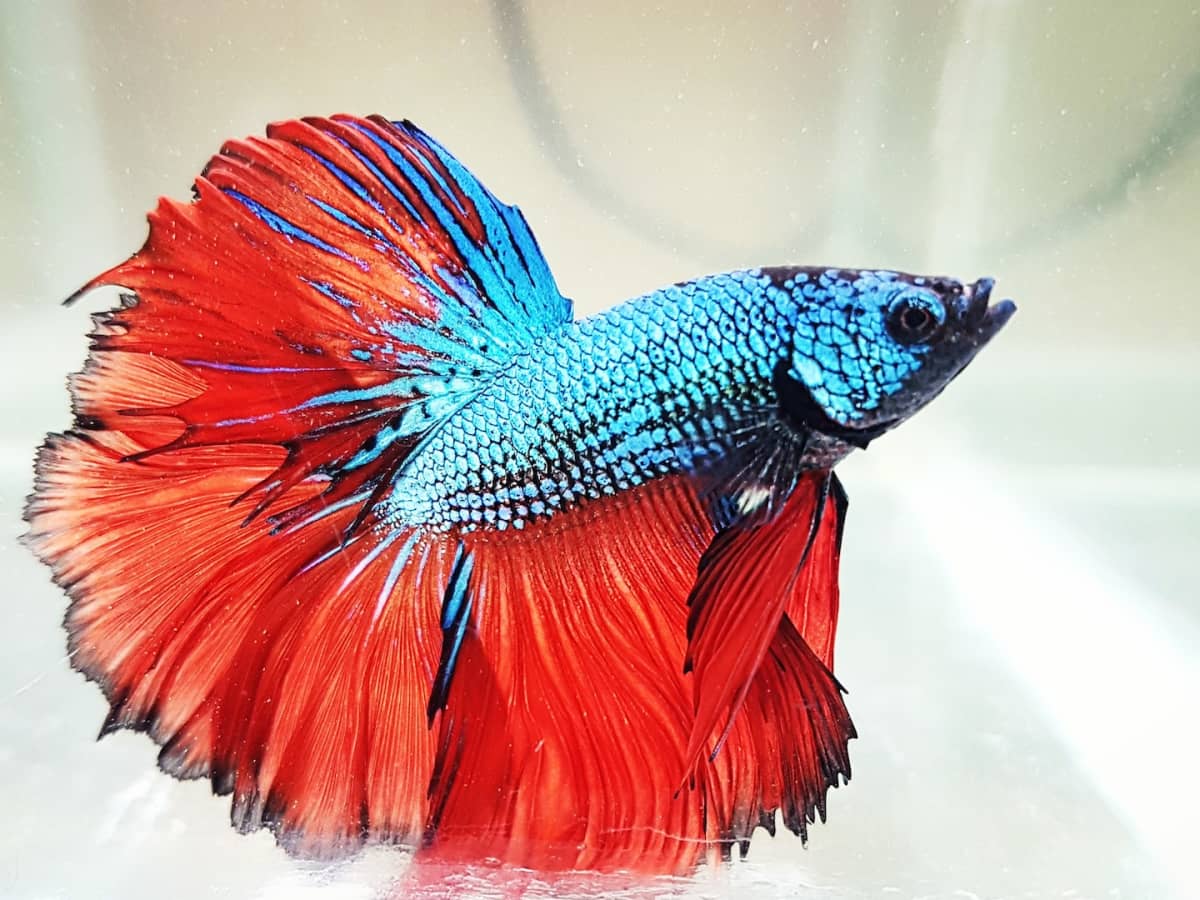Betta Fish Diet Regimen: What to Feed Your Betta for Optimal Health And Wellness
Betta Fish Diet Regimen: What to Feed Your Betta for Optimal Health And Wellness
Blog Article
Everything About Betta Fish: Understanding Their Unique Requirements, Behavior, and the Ideal Practices for Optimal Treatment
Comprehending the one-of-a-kind requirements and behaviors of Betta fish is vital for any kind of aquarist wanting to give optimal treatment. These captivating animals, belonging to the cozy waters of Southeast Asia, show distinct territorial propensities and call for particular ecological problems to thrive. From selecting the right container size to acknowledging possible wellness issues, different variables considerably influence their wellness. As we check out these components further, the ramifications for both newbie and seasoned fish caretakers become progressively evident, questioning concerning just how ideal to suit these remarkable fish in our homes.
Betta Fish Introduction
Although commonly admired for their dynamic shades and streaming fins, Betta fish, clinically referred to as Betta splendens, are complex creatures that require details like prosper. Originating from Southeast Asia, these freshwater fish are known for their territorial nature and unique behaviors. Betta fish show sexual dimorphism, with men displaying a lot more brilliant colors and longer fins than women.
Their hostile propensities, especially among men, require careful consideration when real estate them. Bettas are typically kept in single-specimen tanks to avoid territorial disagreements. They can exist together peacefully with particular suitable species in bigger area containers, offered the setting meets their demands.

To make sure optimum treatment, aquarists have to understand their unique behavioral traits, nutritional demands, and environment requirements. betta fish. With proper interest, Betta fish can display their lively individualities and flourish in a well-maintained fish tank setting
Natural Environment and Setting
Betta fish prosper in a diverse series of natural environments, mostly discovered in the shallow waters of Southeast Asia, including rice paddies, swamps, and slow-moving streams. These settings are identified by warm temperatures, typically in between 75 ° F and 82 ° F(24 ° C and 28 ° C ), and a pH degree ranging from 6.5 to 7.5, which is suitable for their health and wellness and well-being.
In their natural environments, Betta fish are accustomed to thick plants, offering both shelter and reproducing grounds. The presence of plants such as floating water lilies and thick turfs not only supplies security from killers however also adds to the oxygenation of the water, which is vital for their respiratory demands. Furthermore, these environments usually have areas of still water, allowing Betta fish to display their natural habits such as bubble nesting.
Comprehending the all-natural habitat of Betta fish is essential for fish tank fanatics. Duplicating these problems-- with water temperature level, pH balance, and the incorporation of go now online plants-- can significantly improve the overall wellness and durability of these exciting fish, ensuring they grow in a home aquarium setup.
Social Actions and Interactions
Comprehending the social actions and interactions of Betta fish is important for effective fish tank monitoring. Betta fish, or Siamese fighting fish, are known for their distinct behavior traits, characterized mostly by territoriality and aggressiveness.
Conversely, female Bettas display less hostile habits and can exist side-by-side in teams, known as over at this website sororities, if presented properly. It is vital to check their interactions carefully, as power structure and prominence can lead to conflicts. Recognizing the characteristics within a Betta area is vital; establishing hiding places and ensuring ample space can minimize aggressiveness.
Furthermore, Betta fish may also present interest and social habits towards other species. While they can exist side-by-side with particular non-aggressive container mates, it is necessary to pick compatible varieties to stay clear of anxiety and aggressiveness. In general, recognizing these social communications is essential to promoting a harmonious aquarium setting for Betta fish.
Vital Care Standards
Offering correct care for Betta fish is vital to their health and wellness. Regular water adjustments-- approximately 25% regular-- aid maintain water high quality.
Betta fish call for a suitable container size; a minimum of 5 gallons is suggested to give sufficient area for swimming and hiding. Consist of decors and plants to create a stimulating setting, yet avoid sharp items that can damage their delicate fins.

Finally, guarantee the storage tank is geared up with a filter to maintain the water tidy, however use a gentle filter to stay clear of solid currents that can stress the fish. By following these necessary treatment guidelines, proprietors can advertise a healthy and vivid Betta fish.
Common Wellness Issues and Solutions
In the care of Betta fish, understanding of usual health and wellness issues is essential for maintaining their health. To treat fin rot, improve water problems and consider utilizing a broad-spectrum antibiotic.
Another typical ailment is ich, a parasitic infection identified by white spots on the fish's body (betta fish). Therapy involves boosting water temperature level and adding fish tank salt to the tank, as this can aid remove the parasite
Swim bladder problem is also often observed, bring about buoyancy problems. This problem might arise from overfeeding or constipation. A fasting period of 24-48 hours, adhered to by a diet of blanched peas, can supply alleviation.
Lastly, bettas may experience velour disease, indicated by a gold dust-like appearance on their skin. Therapy typically needs medicine especially view designed for outside parasites, together with enhanced container health.
Normal monitoring of water parameters, keeping a clean environment, and offering a balanced diet plan are important safety nets. By resolving these wellness concerns promptly, Betta fish can lead healthier, extra vivid lives.
Conclusion
In summary, effective betta fish care requires an understanding of their one-of-a-kind requirements and behaviors. Normal surveillance of health and water quality, along with a well balanced diet plan, contributes to the long life and vibrancy of betta fish.
Report this page